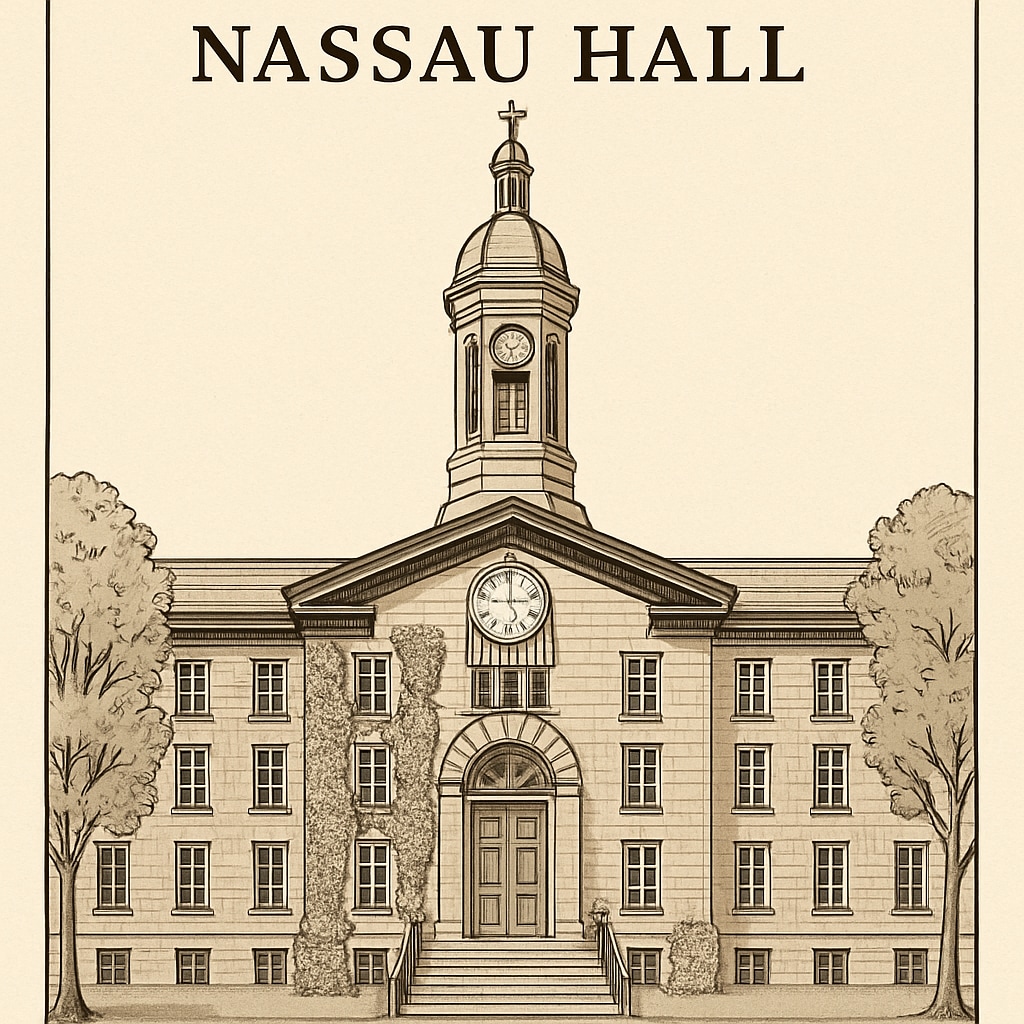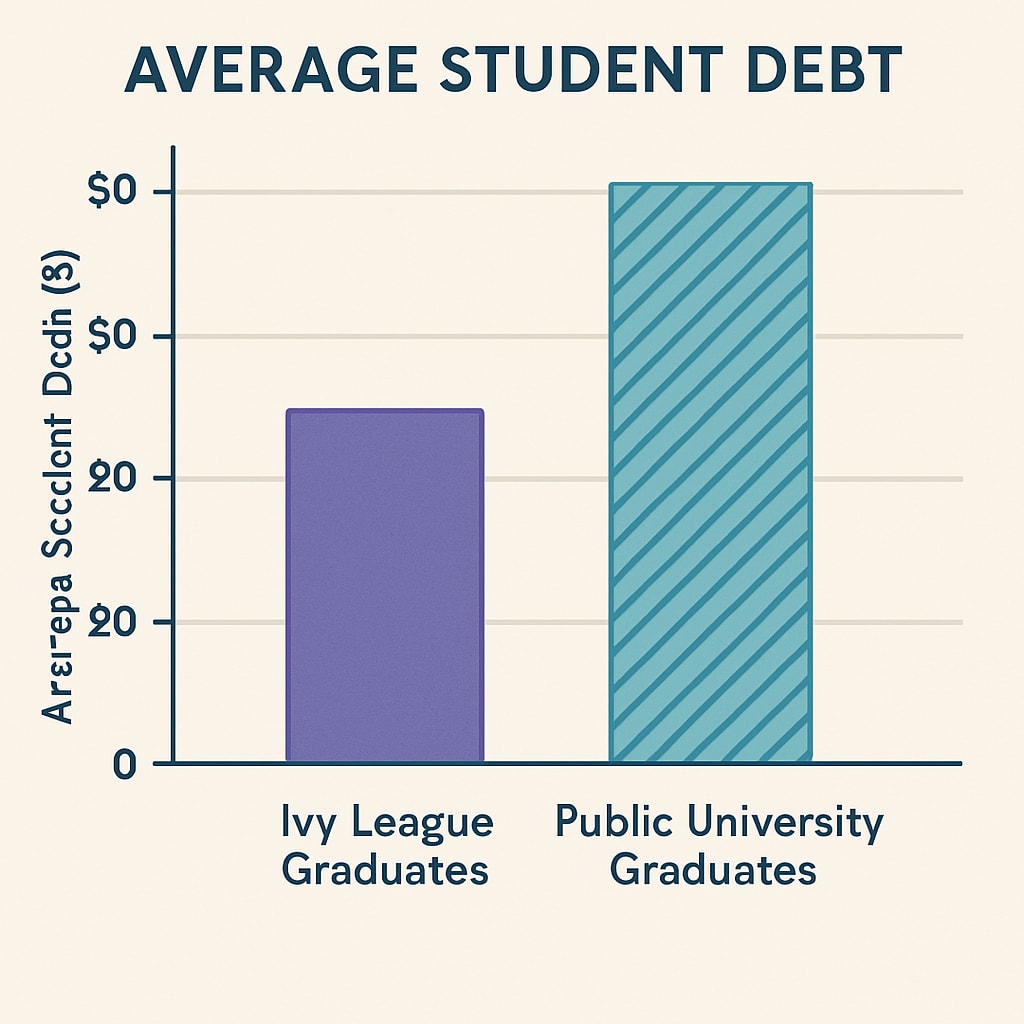Princeton University and the broader Ivy League have long been synonymous with academic excellence and elite status. However, the reverence surrounding these institutions often overshadows a critical question: is their reputation truly reflective of their actual value? The “Ivy League mystique” has perpetuated a culture where families and students chase pedigree over pragmatism, often overlooking more practical educational options. This article examines the perceived gap between the Ivy League’s esteemed reputation and the tangible outcomes it delivers, particularly focusing on Princeton University.
Does Reputation Match Reality?
In the world of higher education, the Ivy League often represents the pinnacle of success. Princeton, for example, is regularly ranked among the world’s top universities, admired for its small class sizes, well-endowed resources, and influential alumni network. Yet, critics argue that the halo effect of its brand may overshadow its actual contribution to a student’s personal and professional development.
Studies have shown that while Ivy League graduates often excel in earnings and career opportunities, these outcomes are not necessarily exclusive to the institution itself. According to a New York Times analysis, students who are accepted to Ivy Leagues but choose to attend non-Ivy schools often achieve comparable success. This suggests that student ambition and pre-existing ability play a more significant role than the university itself in determining long-term outcomes.

The Cost of Prestige: Is It Worth It?
Elite institutions like Princeton come with hefty price tags, making the cost-benefit analysis even more critical. Tuition at Ivy League schools has skyrocketed in recent decades, often leaving graduates with substantial debt. Families invest heavily, both financially and emotionally, in the hope that the Ivy League “brand” will yield lifelong dividends. But is this investment always justified?
For example, public universities and smaller liberal arts colleges often offer comparable academic rigor at a fraction of the cost. They also frequently provide opportunities for closer faculty interactions and individualized attention. The prestige of an Ivy League degree might open doors in some industries, but it is not a universal key—fields like technology, healthcare, and entrepreneurship increasingly value skills and experience over the name on a diploma.
Additionally, the exclusivity of Ivy League admissions has raised concerns about equity. Critics argue that these schools disproportionately cater to wealthy families and perpetuate socio-economic divides. According to Brookings Institution research, Ivy League schools admit a significant percentage of students from the top 1% income bracket, challenging the notion of meritocracy.

Rethinking the Ivy League Obsession in K-12 Education
The obsession with elite institutions begins long before college admissions. Parents and students in K-12 education often shape their academic and extracurricular choices around the goal of getting into an Ivy League school. This tunnel vision can lead to unnecessary stress and neglect of other valuable educational opportunities.
Instead of focusing solely on brand-name schools, families should consider the following:
- Fit over fame: Look for schools that align with the student’s academic interests, learning style, and career goals.
- Return on investment: Evaluate the cost versus potential earnings and long-term career benefits.
- Holistic growth: Consider institutions that prioritize mentorship, skill-building, and personal development.
Ultimately, the goal of education should not be to secure a prestigious label but to prepare students for meaningful and fulfilling lives. A broader perspective can help families make more informed, less pressure-filled decisions.
Conclusion: Breaking Free from the Ivy League Myth
Princeton and its Ivy League peers undoubtedly offer exceptional resources and opportunities, but they are not the only pathways to success. The myth of Ivy League superiority often overshadows the reality that many other institutions can provide equally valuable—or even better—educational experiences, depending on individual needs and goals.
Rather than chasing prestige, students and parents should critically examine what truly matters in education: knowledge, growth, and the ability to adapt to an ever-changing world. By doing so, they can move beyond the allure of the Ivy League and focus on what will genuinely set them up for success.
Readability guidance: This article uses concise paragraphs and structured subheadings to improve readability. Lists summarize key points, and transitions like “however” and “in addition” ensure a smooth flow. Images are strategically placed to complement the text.


